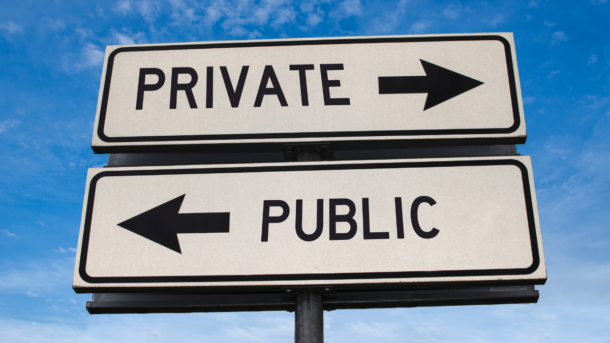
Public vs. Private Healthcare: What European Expats Overlook
When Expats move abroad, they often leave behind the comfort of public healthcare. At home, care feels predictable and affordable. However, once overseas, that structure changes. Healthcare in Asia follows different systems and expectations. It is not worse, but it can feel unfamiliar. Understanding those differences early helps you plan with confidence.
1. Cost predictability: when “affordable” isn’t consistent
Public systems at home offer clear, capped prices. In contrast, private hospitals charge based on location, doctor, and service level. For example, a basic check-up might seem affordable, yet an overnight hospital stay can cost several thousand euros. As a result, many expats are surprised by how unpredictable medical costs can become. You can explore global spending patterns through the World Health Organization’s health expenditure data.
2. Waiting times vs. instant access
In most European countries, waiting lists are part of the healthcare experience. Meanwhile, in Asia, private networks often work faster offering same-day appointments. This speed, however, comes with a higher cost. With the right insurance, that cost becomes manageable. Therefore, you can enjoy the advantage of quick access without financial pressure. For busy families, that difference feels invaluable.

3. Quality and comfort of care
Public hospitals abroad often deliver excellent medical outcomes. Yet, language barriers and paperwork can make visits stressful. In contrast, private hospitals are designed for international patients. They provide English-speaking doctors, simpler systems, and modern facilities. Consequently, patients feel more at ease, especially when care involves children or long-term treatments.
4. Reimbursement and direct billing
Payment systems abroad can also surprise new arrivals. In many Asian hospitals, you pay first and file a claim later. That means keeping cash available for emergencies and waiting for reimbursement. However, international insurance with direct billing eliminates this stress. The clinic sends the bill directly to the insurer. As a result, you focus on getting better instead of chasing paperwork.

5. What this means for expats
Public care provides security at home, but it rarely extends overseas. Depending only on local public systems can leave you facing unexpected costs, limited English support, and longer wait times. Private international insurance fills those gaps. It gives you the flexibility to choose where you receive care, understand your bills, and avoid long delays. Ultimately, it helps you regain the peace of mind you had back home.
How Winson Health supports you abroad
At Winson Health, we help European families in Asia compare healthcare options clearly. Our advisors explain how systems differ, what is covered, and how to use direct billing networks smoothly. We believe that good advice should simplify, not complicate. That’s why we focus on real experiences, clear language, and practical solutions that work when life happens.
Because good healthcare abroad is not only about hospitals and doctors. It is about access, clarity, and confidence wherever you are.


